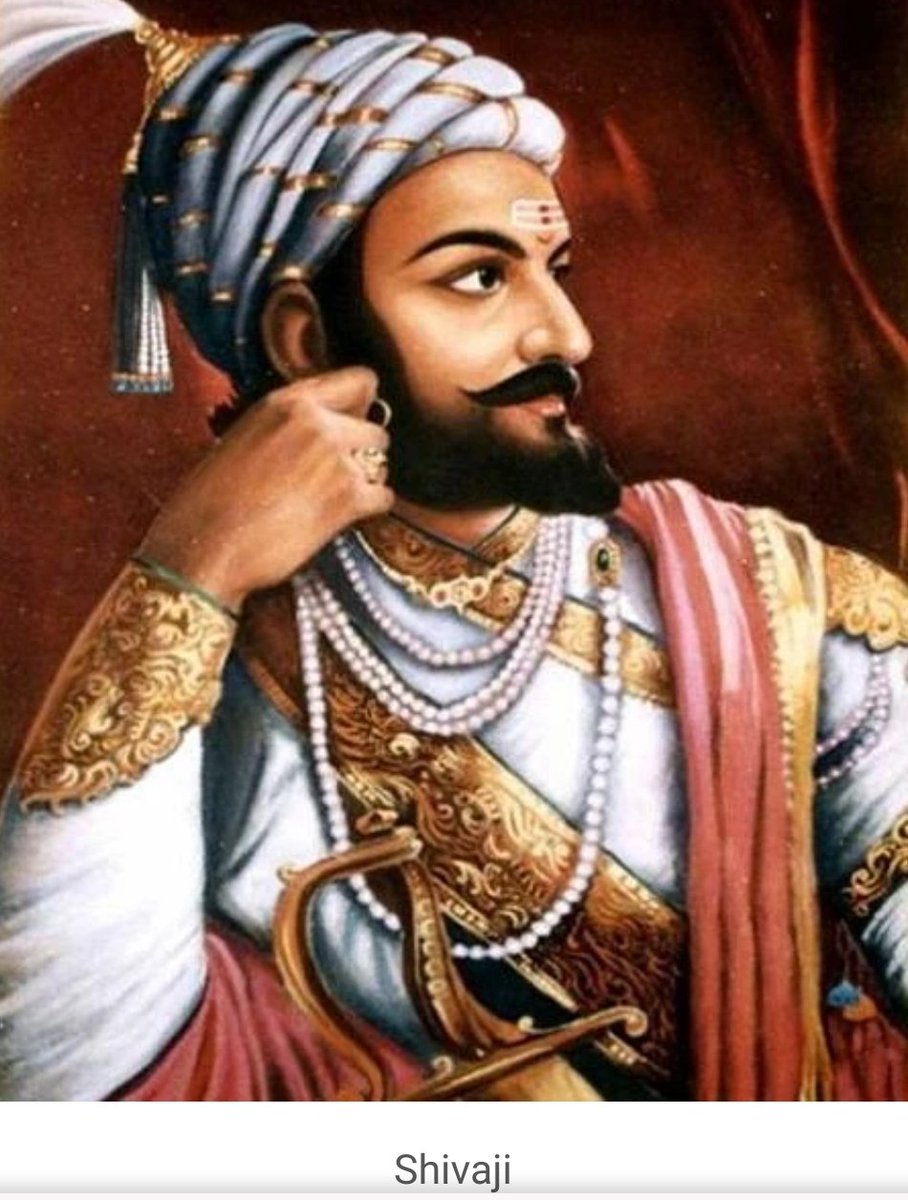The crisis in the NHS is overwhelming this week. It has reminded me of conversations I had with my late father on how to manage within the state sector. I think they're worth sharing.
More from Richard Murphy
There is a growing and numbing realisation of just how bad Sunak's budget really was. Worse, he’s even now saying that there is nothing he can do about poverty. This is a long thread to explain why he’s failing and what we can do about it if we want to change our politics.
For those who don’t want to read a long Twitter thread there is a blog version here. https://t.co/AuTdAr1f1n if you want a summary of the whole thread it’s this: the neoliberal thinking that all our main political parties subscribe to is now bankrupt. We need something new now.
Sunak faced a challenge this week. A winning Chancellor has to decide how to secure the support their party needs to win elections. In that case there will always be winners and losers in a budget. So Sunak had to make decisions.
However, it’s fair to say that decisions are always constrained. No budget has, I suspect, ever delivered precisely the policies any Chancellor has really wanted. That’s because all politicians are fantasists and reality has to be addressed as well in any budget.
The overwhelming realities that Sunak needed to address yesterday were really not hard to spot. First, there was the real economic chaos created by shortages in the economy. These are the result of Covid, Brexit and now war, but which heavily pre-dated the last.
For those who don’t want to read a long Twitter thread there is a blog version here. https://t.co/AuTdAr1f1n if you want a summary of the whole thread it’s this: the neoliberal thinking that all our main political parties subscribe to is now bankrupt. We need something new now.
Sunak faced a challenge this week. A winning Chancellor has to decide how to secure the support their party needs to win elections. In that case there will always be winners and losers in a budget. So Sunak had to make decisions.
However, it’s fair to say that decisions are always constrained. No budget has, I suspect, ever delivered precisely the policies any Chancellor has really wanted. That’s because all politicians are fantasists and reality has to be addressed as well in any budget.
The overwhelming realities that Sunak needed to address yesterday were really not hard to spot. First, there was the real economic chaos created by shortages in the economy. These are the result of Covid, Brexit and now war, but which heavily pre-dated the last.
More from Government
Canada is failing to act on Climate Change. @wef @WorldBank @IMFNews @IPCC_CH @UNDPGAIN @AntiCorruptIntl @Pontifex @JustinWelby @OCCRP @StopCorpAbuse @TaxJusticeNet @FairTaxCanada @ecojustice_ca @WCELaw @CanEnvLawAssn @envirodefence @IBA_Canada #cdnpoli
Covid recovery money is going to the oligarchy.
Ottawa and the provinces have put very little on the table to help clean-tech companies directly during Covid 19 while targeting fossil-fuel producers with more than $16 billion in aid.
Coast to coast people have demanded treaties be honored. We demanded climate action, divestment and land back but Canada is not listening. This video shows 10 years of rallies in Waterloo Ontario. City & regional council declared a climate emergency. 🚨
The Bank of China (BOC), SNC-Lavalin and WE Charity were recipients of taxpayer-funded the Covid 19 Canadian Emergency Wage Subsidy (CEWS)
Canada: Falling Far Short On Climate Policy, Emissions Reduction and Energy Transition #cdnpoli #bcpoli #alpolitics #onpoli @JimHarris @MikeHudema @SethDKlein @ElizabethMay @CitizensLobbyCa @lulex @kainagata https://t.co/jhm1TXvAKN pic.twitter.com/yEPINC5PTr
— Below2\xb0C (@Below2C_) December 29, 2020
Covid recovery money is going to the oligarchy.
Ottawa and the provinces have put very little on the table to help clean-tech companies directly during Covid 19 while targeting fossil-fuel producers with more than $16 billion in aid.
Coast to coast people have demanded treaties be honored. We demanded climate action, divestment and land back but Canada is not listening. This video shows 10 years of rallies in Waterloo Ontario. City & regional council declared a climate emergency. 🚨
The Bank of China (BOC), SNC-Lavalin and WE Charity were recipients of taxpayer-funded the Covid 19 Canadian Emergency Wage Subsidy (CEWS)
You May Also Like
I just finished Eric Adler's The Battle of the Classics, and wanted to say something about Joel Christiansen's review linked below. I am not sure what motivates the review (I speculate a bit below), but it gives a very misleading impression of the book. 1/x
The meat of the criticism is that the history Adler gives is insufficiently critical. Adler describes a few figures who had a great influence on how the modern US university was formed. It's certainly critical: it focuses on the social Darwinism of these figures. 2/x
Other insinuations and suggestions in the review seem wildly off the mark, distorted, or inappropriate-- for example, that the book is clickbaity (it is scholarly) or conservative (hardly) or connected to the events at the Capitol (give me a break). 3/x
The core question: in what sense is classics inherently racist? Classics is old. On Adler's account, it begins in ancient Rome and is revived in the Renaissance. Slavery (Christiansen's primary concern) is also very old. Let's say classics is an education for slaveowners. 4/x
It's worth remembering that literacy itself is elite throughout most of this history. Literacy is, then, also the education of slaveowners. We can honor oral and musical traditions without denying that literacy is, generally, good. 5/x
As someone\u2019s who\u2019s read the book, this review strikes me as tremendously unfair. It mostly faults Adler for not writing the book the reviewer wishes he had! https://t.co/pqpt5Ziivj
— Teresa M. Bejan (@tmbejan) January 12, 2021
The meat of the criticism is that the history Adler gives is insufficiently critical. Adler describes a few figures who had a great influence on how the modern US university was formed. It's certainly critical: it focuses on the social Darwinism of these figures. 2/x
Other insinuations and suggestions in the review seem wildly off the mark, distorted, or inappropriate-- for example, that the book is clickbaity (it is scholarly) or conservative (hardly) or connected to the events at the Capitol (give me a break). 3/x
The core question: in what sense is classics inherently racist? Classics is old. On Adler's account, it begins in ancient Rome and is revived in the Renaissance. Slavery (Christiansen's primary concern) is also very old. Let's say classics is an education for slaveowners. 4/x
It's worth remembering that literacy itself is elite throughout most of this history. Literacy is, then, also the education of slaveowners. We can honor oral and musical traditions without denying that literacy is, generally, good. 5/x




















